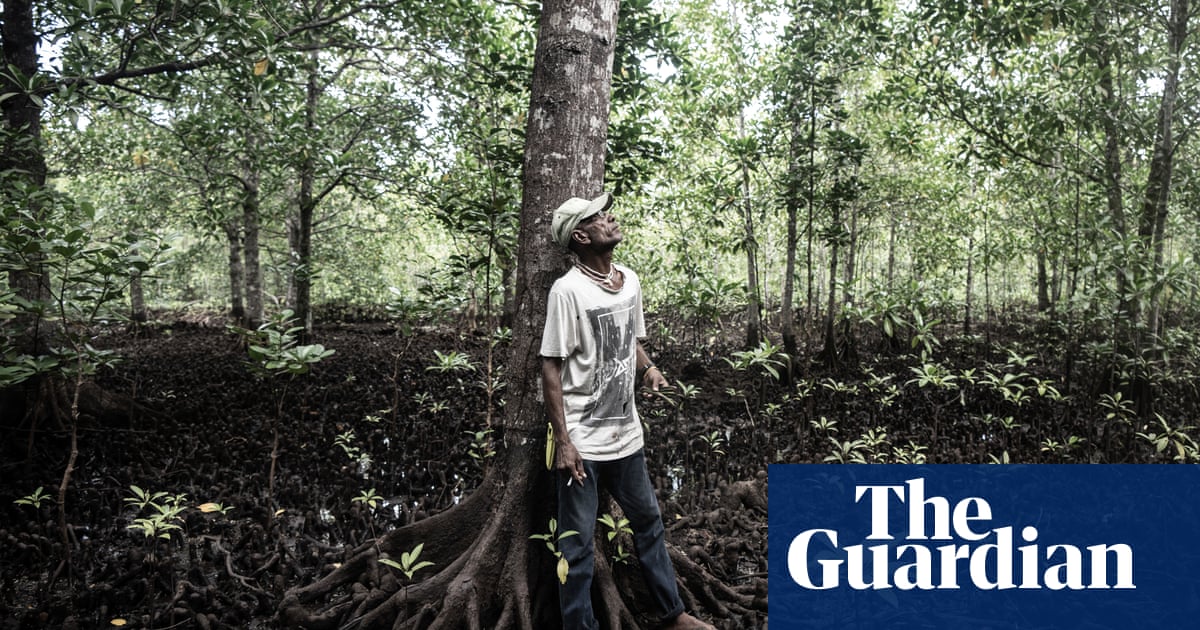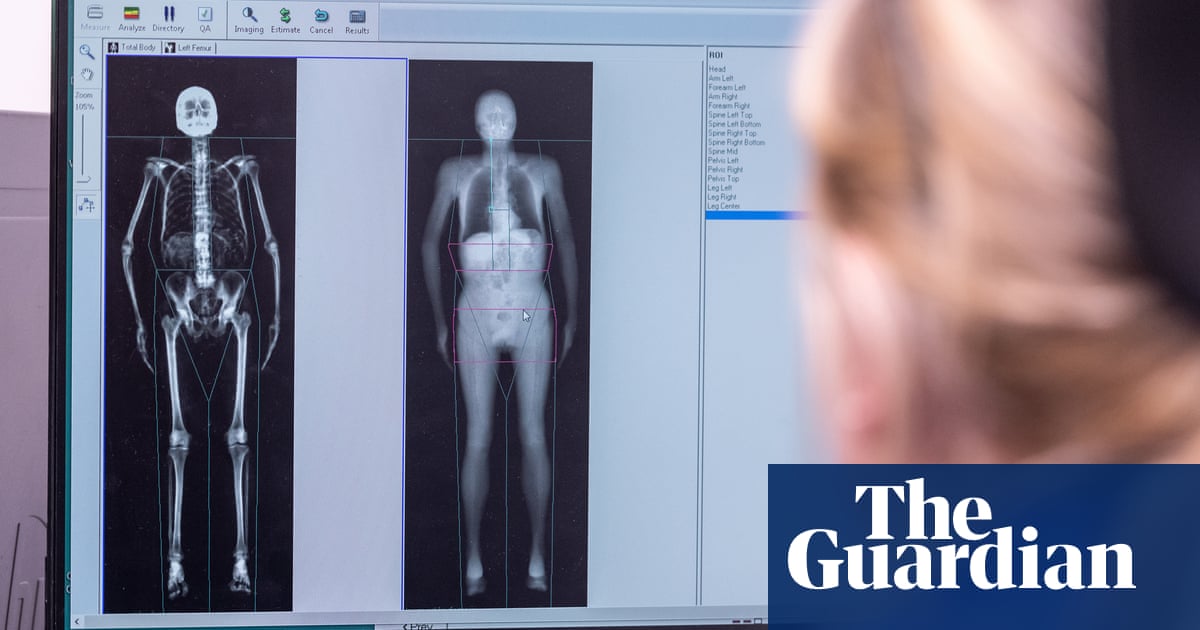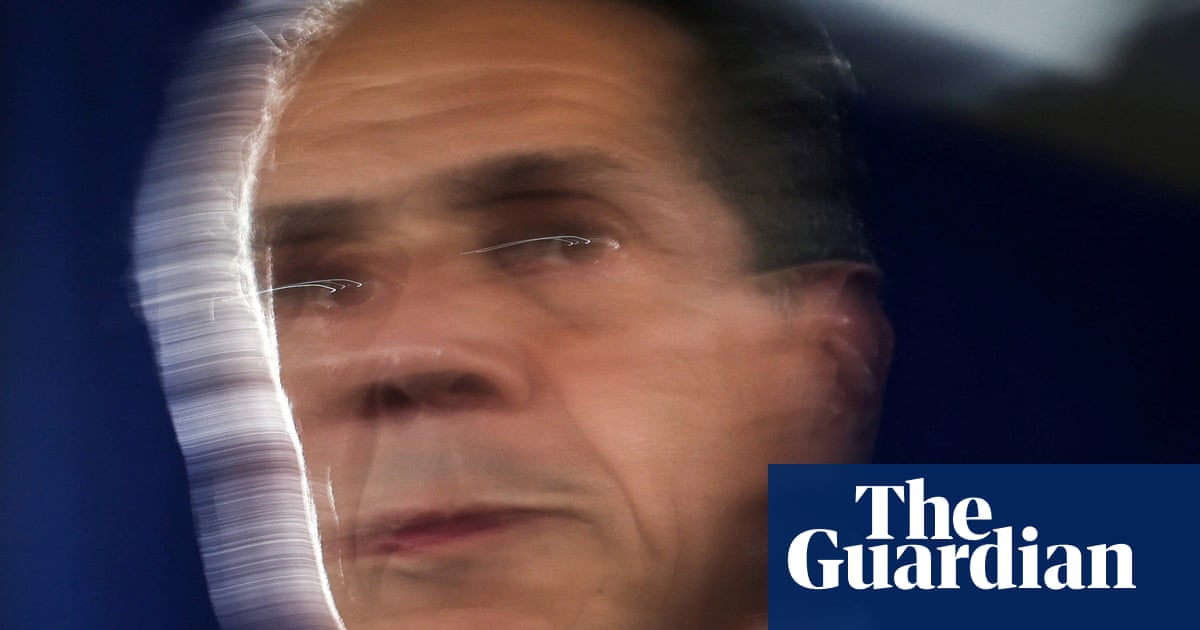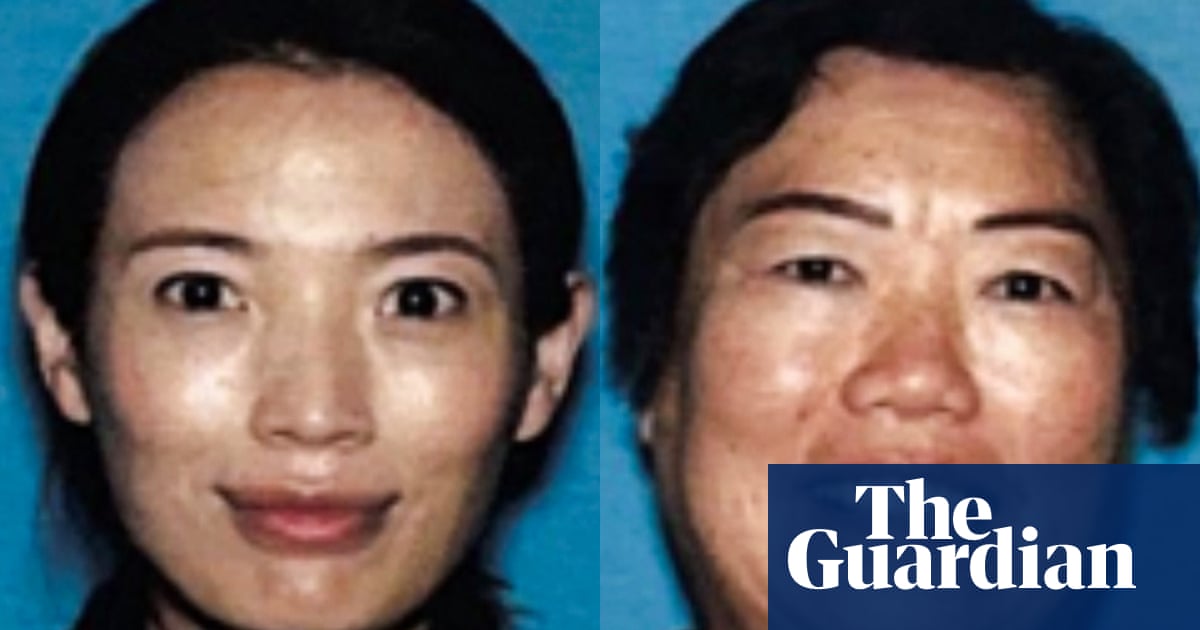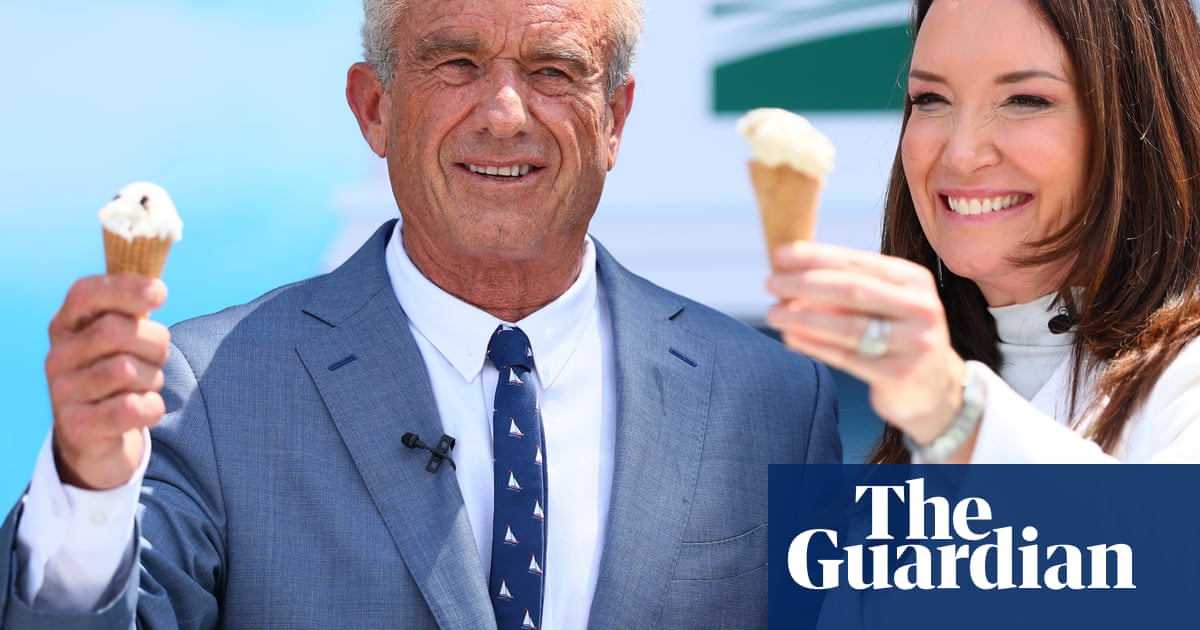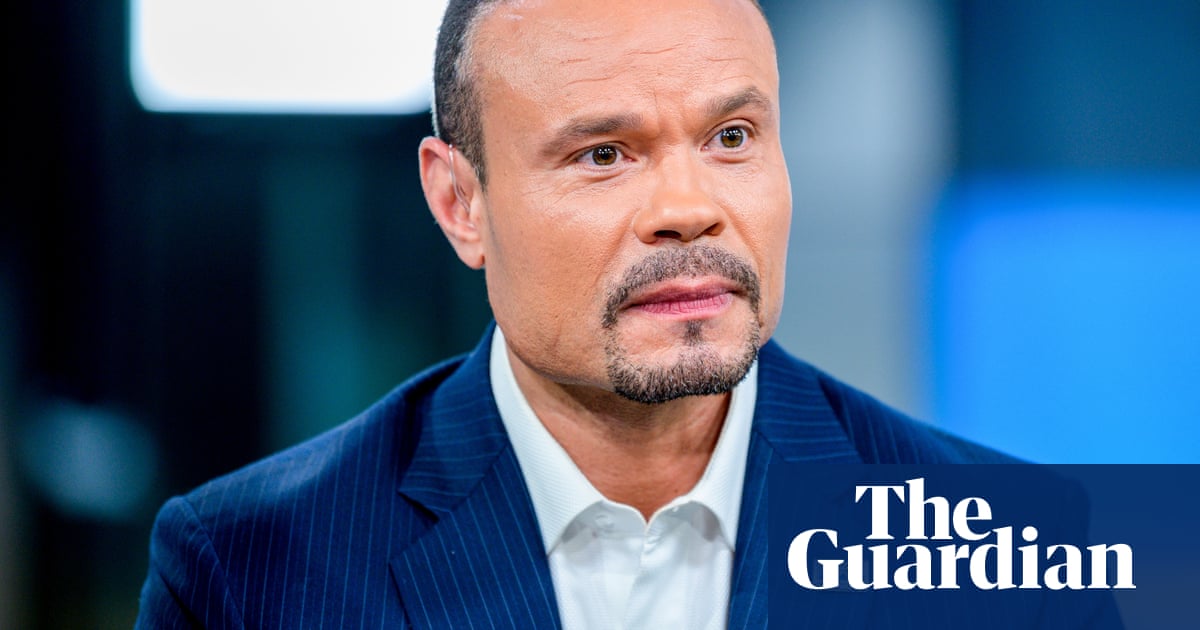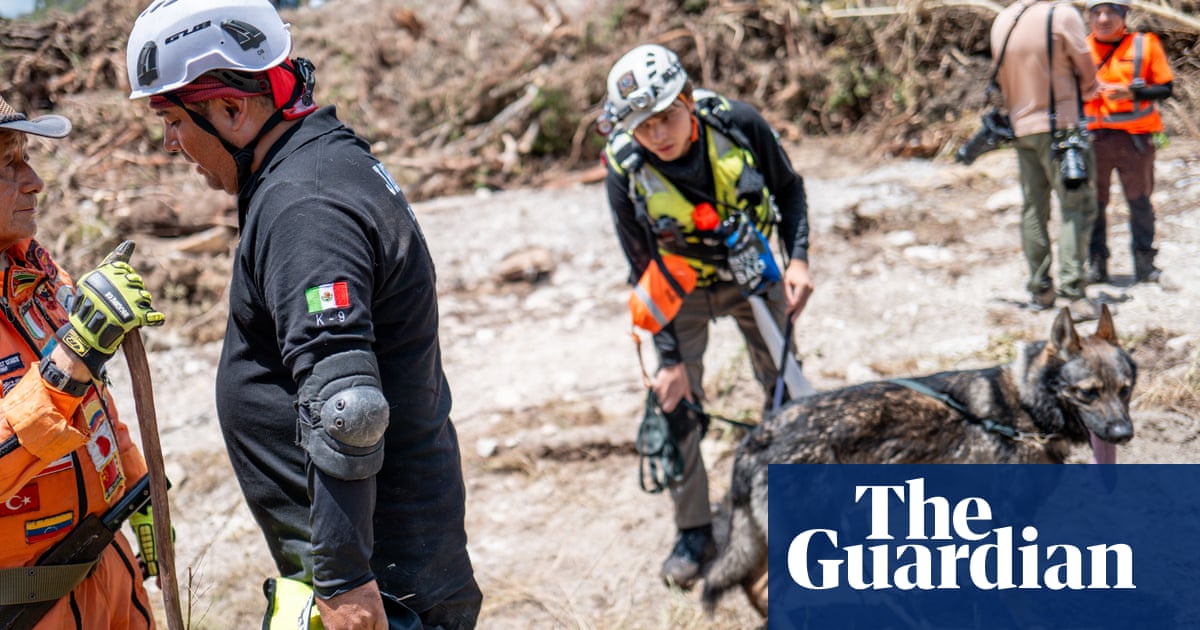Don Campbell and his wife, Marjorie, energetically travelled the world together. “We’ve had wonderful times” he says. They had season tickets to the symphony and opera – until illness intervened. “We’ve always done lots of theatre and music.” But the “lots and lots of memories” are fading now for Marjorie.
She has rheumatoid arthritis and was diagnosed with dementia two-and-a-half years ago. Now she will ask him up to five times a day “what have we got to do today?” It requires, he says, “a huge amount of patience”. Her mobility is failing, she is losing her balance, she has frightening falls, soon she will be in a wheelchair. But no matter what happens from here Don is adamant: “She is not going into care, she is going to be looked after at home by me.”

About to turn 80, Don has been caring for Marjorie for the past eight years. Without family help he does the housework, the cooking and showers her. If he has to go anywhere, “she comes too”. This is love, the real thing. “She’s just my special friend, the love of my life, my soul mate. It is just something so special that I can never, ever not love her. I could never, ever not care for her.”
Campbell is one of 3 million unpaid carers in Australia who are providing care worth about $78bn, according to 2020 figures. They provide a vital lifeline for their ailing family member. But, how precarious these relationships can be was borne out in the death of actor Gene Hackman and his wife, Betsy Arakawa, in Santa Fe and David Lodge and his carer father, Peter, in the UK; both cases in which a carer died, leaving their loved one alone, and ultimately to die, soon after. What happens in those caring homes when something catastrophic happens to the carer?
Many carers don’t even know they are carers. Barbra Williams, Dementia Australia’s director of client services, says research has shown “that there are many hidden carers who don’t know what services and support is available to them”. They are just doing what they have always done, looking after their family.

“For older carers they just assume it is their role” says Dr Mel Mylek of the University of Canberra and lead researcher on Carers Australia’s Carer Wellbeing Survey. “They just need to care for their husband because he is getting older or their wife because she is getting frail.” And they are doing it 24/7, without holidays, days off or any respite.
Often they are in a perilous situation as their own health starts to deteriorate.
Don knows he needs to look after himself but it is difficult. “I don’t ever have me time. I now neglect the things that I really enjoy.” At the moment he is in good shape, “I’ve still sort of got energy to do things”. But he gets anxious when Marjorie is “looking really, really not well. She has problems with her breathing, there have been a few times when I thought I was going to lose her.”
His biggest concern, the constant underlying worry is, “If anything happens to me with my health, what happens to my wife?”
In the UK, Peter Lodge was a dedicated full-time carer for his son, David, who had a range of complex health conditions which left him blind and unable to talk. He used a Lightwriter to communicate. When Peter died suddenly, David was left helpless on his own, unable to call for help. They were there for seven days in the winter cold before David’s sister discovered them lying together on the floor. Found with pneumonia and severe dehydration, David died 13 hours later.

When Betsy Arakawa died suddenly, Gene Hackman was left on his own in their home in a state of advanced Alzheimer’s disease. He died a week later of heart disease. By the time their bodies were discovered they were mummified.
‘They never get to retire’
It is “very” isolating, says Campbell, who admits he sometimes goes and sits in a corner and cries.
After the dementia diagnosis he stopped hearing from friends of many years. Emails and phone calls went unanswered. “They just don’t want to be watching this decline happen,” he says matter of factly.
“Roughly 50% of people caring with someone with dementia are caring alone,” Williams says.

Twenty-five per cent of dementia carers have been caring for more than 10 years. “That can take a huge toll on someone when it has been that long,” Williams says.
Mylek’s research for the 2024 Carers Wellbeing Survey found that carers need to be cared for too. They have higher than average rates of psychological distress, are more than twice as likely to have low levels of wellbeing and are significantly likely to experience loneliness. They can also be worried about money. “The older carer has to continue caring, but they often don’t have money to help them as they themselves need support.”
There is no happy ending for Campbell or any family carer. “You’re watching someone slowly die,” Campbell says.
“There is a big emotional and cognitive load on carers” says Annabel Reid, the chief executive of Carers Australia. “It is very distressing to have someone you love change who no longer recognises you and is not be able to speak. We need to do more to support carers. They are really doing a community service and they themselves are paying the price.”
Older carers, Reid says, “may be losing mobility and need to lift the person they are caring for or help them downstairs or manoeuvre a wheelchair. These things get more challenging as people get older. They never get to retire.”
Carers Australia is underfunded, she says, for supports like respite. “Which is care for someone so a carer can take a break. They have their own medical emergency to attend to. What would you do? If you are in a rural area there is just no one to help.”
Love and duty
In 2019 Penny Dressler was still skiing and going to the gym. Now because of Alzheimer’s she can’t do anything for herself. “She just sits in wheelchair” says her husband, John, 80. A self-funded retiree, Dressler can afford to have carers come in. He will keep Penny at home “until I am unable to do it. I keep telling people I know where the red line is, but I don’t know that I do. I am doing it because I want to do it.” He says he doesn’t want to visit her in a nursing home. “How long can I be in one little boxed room with her before I go nuts? I visit other people who are in a care home and I leave the place emotionally drained.”
At home, he can talk to her.
“When I wake up in the morning I’ve still got somebody in the room with me, I know she’s there.”

Dressler, who admits to being a grumpy old man, says the worst thing people can say to him is “I know what you’re going through. You’ve got no bloody idea.”
While Dementia Australia has a range of services, including a 24-hour call line, Barbra Williams says: “We always say to carers, if you are unwell what happens then? You need to put in plans so that if something happens to you things can continue while you are recovering. Early planning is really important, before anything happens. Hopefully before dementia has progressed that way the person with dementia can have some input into the planning as well. And you have to prioritise your own wellbeing.”
While carers reported to the Carers Wellbeing Survey that they were exhausted and burned out, Reid says “some carers feel powerfully motivated to look after someone, usually out of love but it can also be a sense of duty or responsibility. And some carers feel that it really gives their lives purpose.”
It is an experience that crosses over all barriers: age, class, fame, country.
Former US chatshow host Jay Leno is one who has spoken openly about the purpose and difficulty caring adds to his life. Leno chooses to mostly care for his wife of 45 years, Mavis, who has advanced dementia, himself. “It’s a challenge” he says “having to feed her, change her, carry her to the bathroom. It’s not that I enjoy doing it but I guess I enjoy doing it.
“I like taking care of her. I like that I am needed. That’s really what love is.”

 2 months ago
40
2 months ago
40


